Composting is a natural process that breaks down organic materials like food scraps and yard waste. Microorganisms decompose these materials by creating the right environment, resulting in nutrient-rich compost.
This sustainable practice reduces landfill waste and promotes environmental sustainability. Here we will dive into composting and explore its numerous benefits. We will also discuss how composting conserves water and its impact on personal food waste.
Additionally, we will explore different home composting techniques that you can easily implement. Join us as we uncover the pros of composting and discover how it can make a significant difference in building a more sustainable future for generations to come.
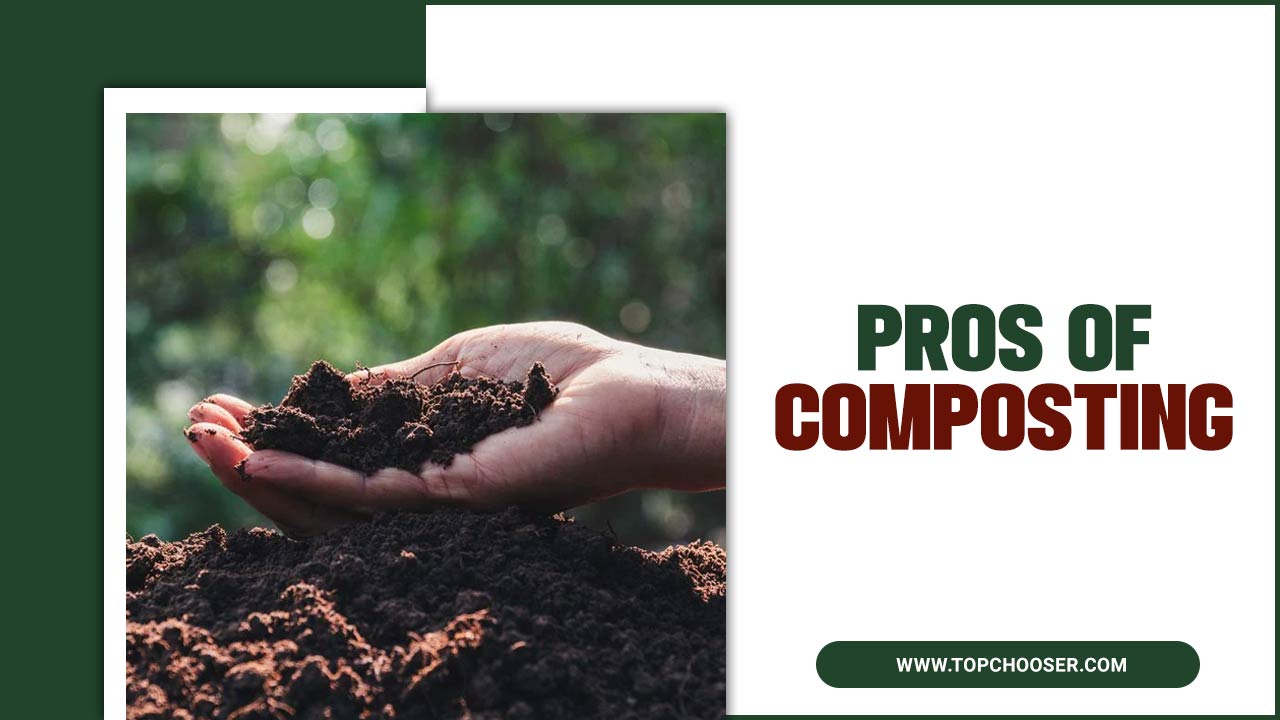
Understanding The Major Pros Of Composting – 12 Steps
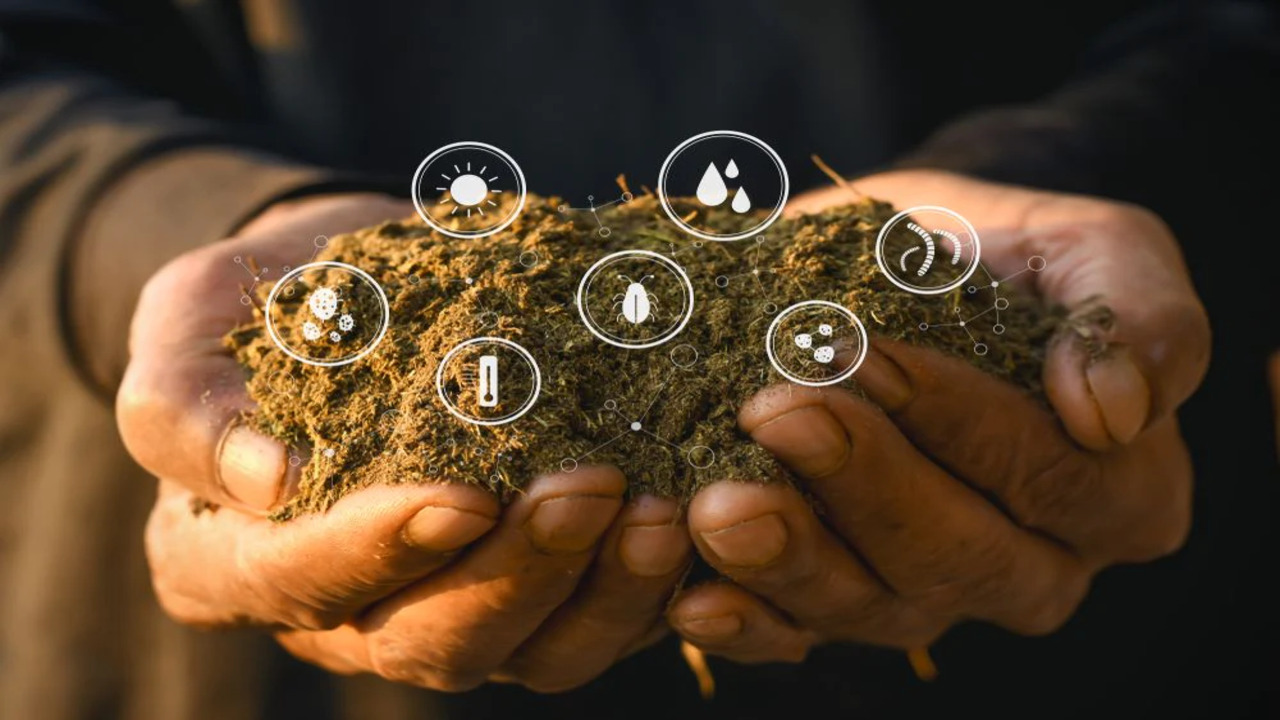
Knowing the pros of composting is important because it is an environmentally friendly and sustainable practice with numerous benefits. Composting helps reduce waste going to landfills, reduces greenhouse gas emissions, and helps combat climate change. Composting enriches the soil with nutrients, improving its fertility and promoting healthy plant growth. Here we discuss the effective advantage of composting.
1. Reducing Waste Stream
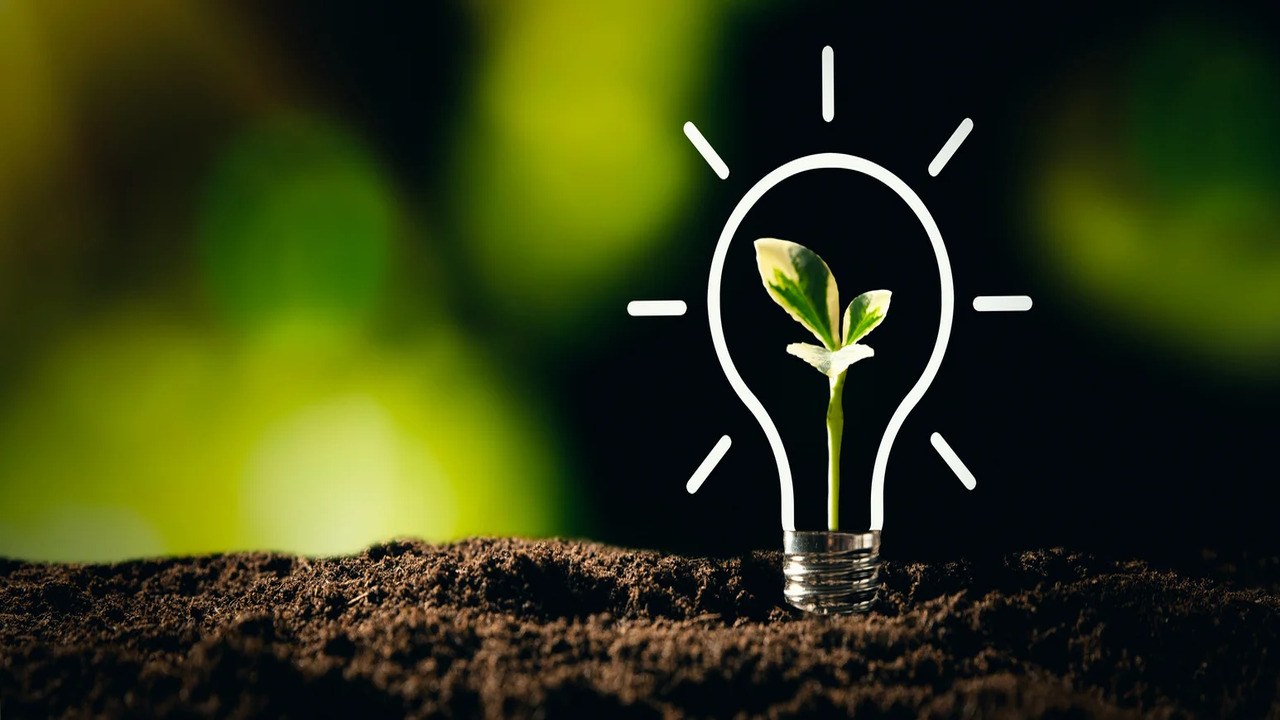
Composting reduces waste and its negative impact on the environment. It diverts organic waste from landfills, minimizing methane emissions and pollution.
Composting creates nutrient-rich compost that serves as a natural fertilizer, improving soil health and reducing the need for chemicals. It also conserves water by improving moisture retention in the soil. Composting is a simple and cost-effective way to manage organic waste and contribute to a circular economy.
2. Decreasing Methane Emissions From Landfills
Composting reduces methane emissions from landfills and minimizes the need for landfill space. It also offers additional benefits such as enriching the soil, promoting healthy plant growth, and reducing reliance on chemical fertilizers. By incorporating composting practices, individuals can contribute to a more sustainable future by decreasing greenhouse gas emissions and naturally creating nutrient-rich soil.
3. Enhancing Soil Health And Preventing Erosion
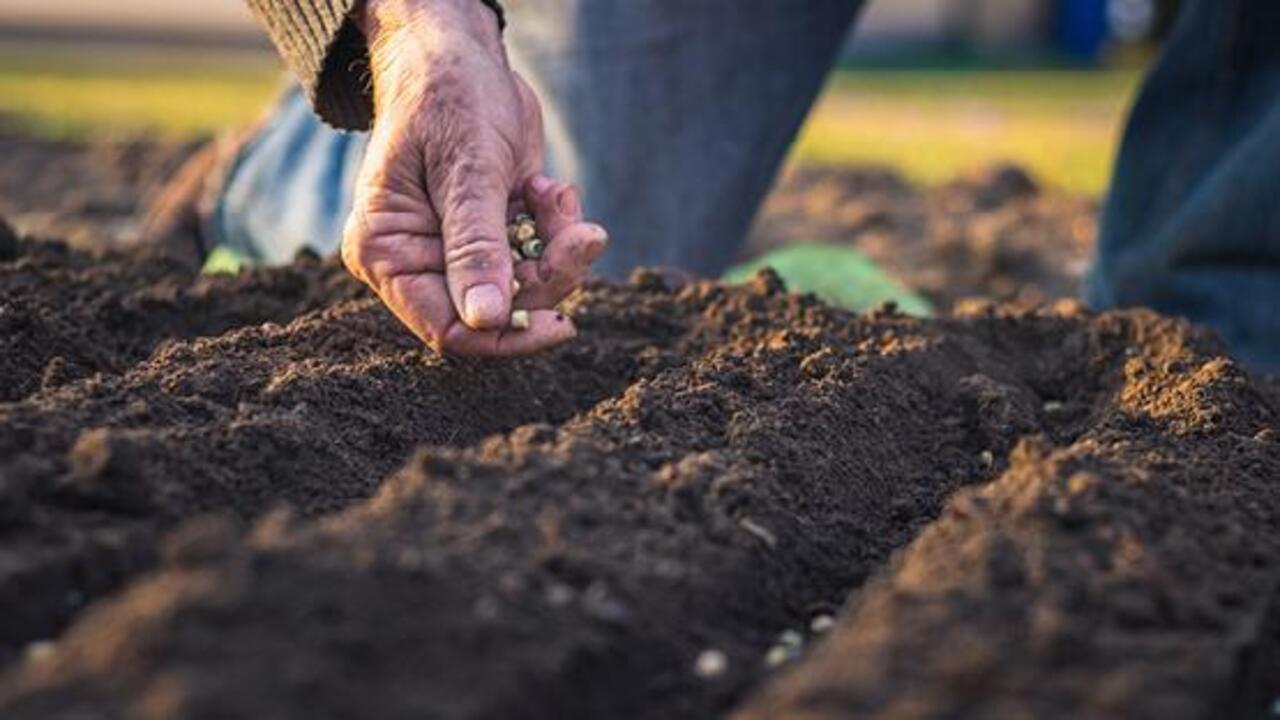
Composting benefits soil health prevents erosion, and promotes sustainability. It improves soil quality, resulting in healthier plants and better water retention. Compost also reduces reliance on chemical fertilizers and helps prevent erosion during heavy rain or irrigation.
Additionally, composting reduces greenhouse gas emissions and promotes the recycling of organic materials. It is a cost-effective and eco-friendly solution that can be implemented at home or on a larger scale.
4. Improves Soil Quality
Composting improves soil quality by enhancing its ability to retain water and nutrients. It also improves soil structure, making penetrating plant roots easier. Compost balances soil pH levels and promotes the growth of beneficial microorganisms.
This leads to healthier plants with stronger root systems and increased resistance to diseases and pests. Additionally, composting reduces the need for chemical fertilizers, making it an eco-friendly choice for gardeners. Overall, composting is a natural process that benefits plants and contributes to environmental sustainability.
5. Enhances Soil Structure
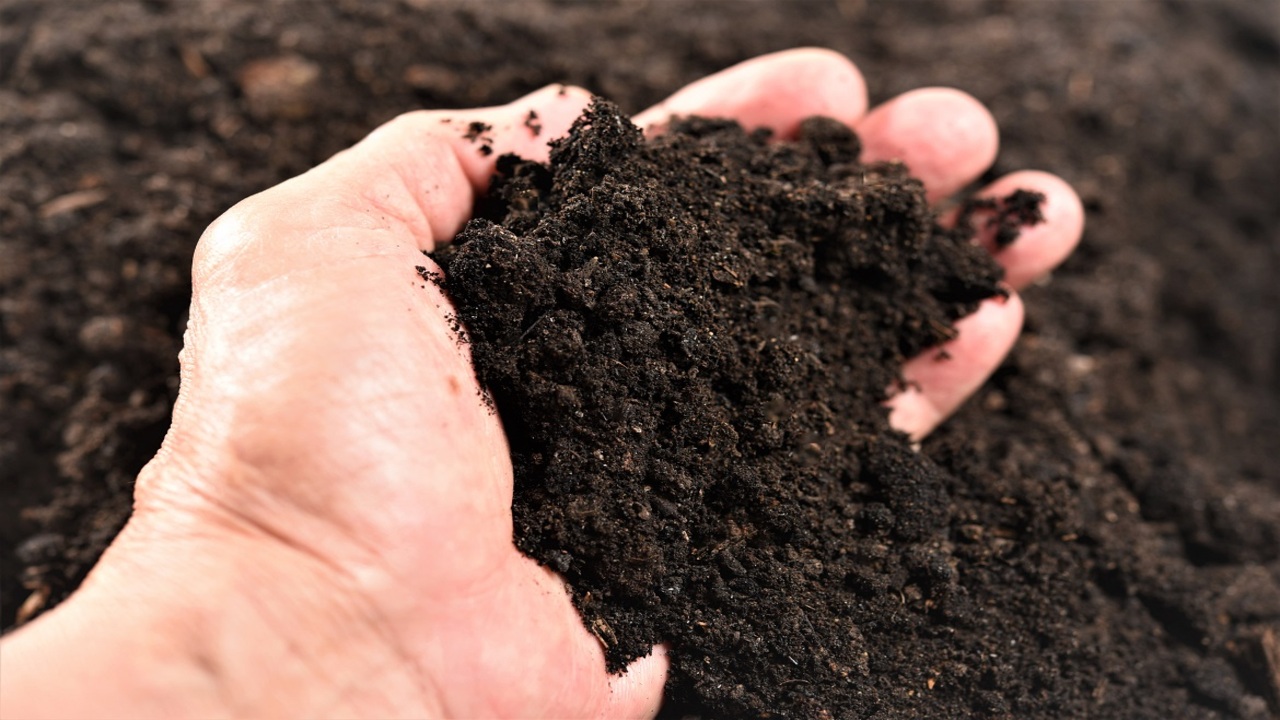
Composting improves soil structure by adding organic matter, creating a nutrient-rich environment for plant growth. It enhances water retention and reduces the need for excessive irrigation. Compost also prevents soil erosion and improves fertility, providing essential nutrients for plants. This sustainable practice promotes soil health and quality, eliminating the need for synthetic fertilizers and pesticides.
6. Cost-Effective Soil Conditioner
Composting is a cost-effective method to improve soil quality and fertility. Using compost as a soil conditioner can reduce the need for chemical fertilizers, saving money in the long run. It also helps retain moisture in the soil, reducing irrigation needs and conserving water.
Compost improves soil structure, allowing for strong root systems in plants. Additionally, it reduces waste by diverting organic materials from landfills, promoting sustainability. Composting is an efficient and economical way to enhance soil conditions while saving money.
7. Fully Organic Fertilizer
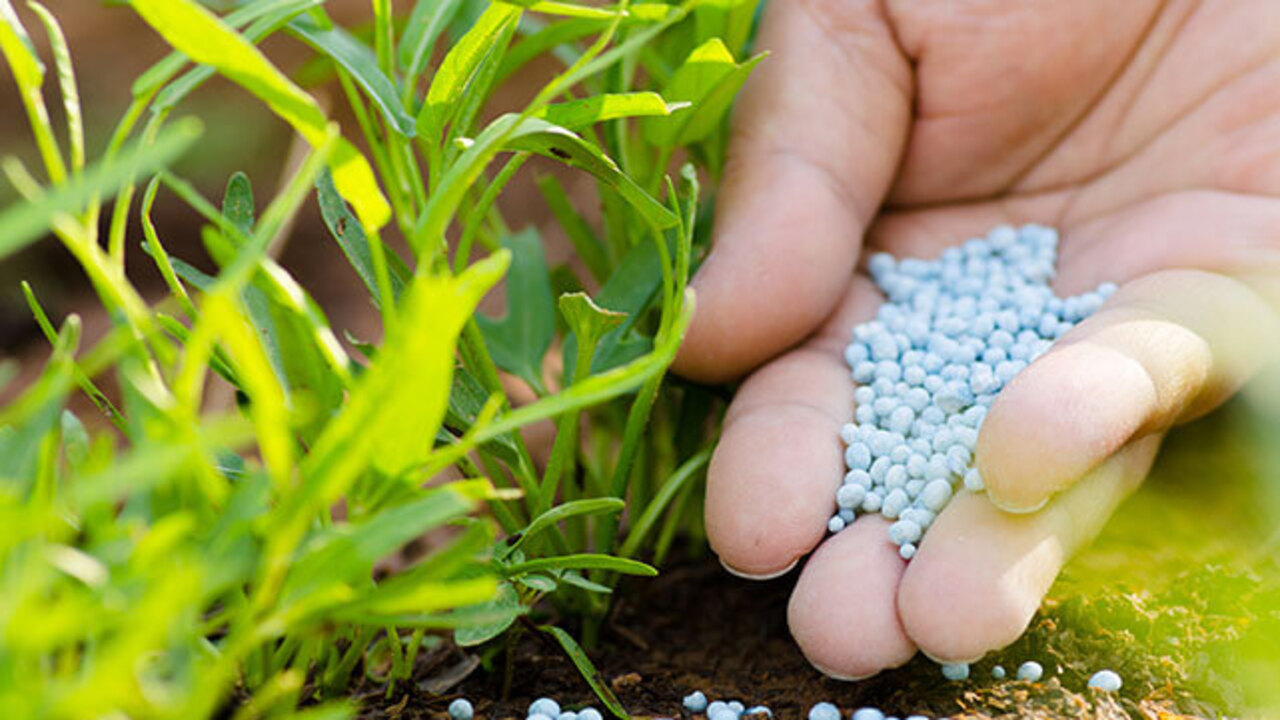
Fully Organic Fertilizer: Composting is a natural process that creates fully organic fertilizer by breaking down organic material into nutrient-rich compost. This rich compost is filled with beneficial microorganisms, which enhance soil health and promote plant growth.
Using this organic fertilizer, gardeners and farmers can increase crop yields while reducing their reliance on chemical fertilizers, pesticides, and herbicides. The sustainable nature of composting helps divert organic waste from landfills, thereby reducing greenhouse gas emissions and mitigating climate change.
Additionally, composting prevents nutrient runoff from synthetic fertilizers, reducing water pollution. The use of fully organic fertilizer benefits the environment and improves the overall sustainability of gardening and farming practices.
8. Higher Yields
Composting has numerous benefits for achieving higher yields in crops and plants. This natural process significantly increases the yield potential by providing essential nutrients to the soil, promoting healthy plant growth.
The organic material in compost improves soil structure, enhancing its water-holding capacity. As a result, the need for irrigation is reduced, saving water resources while maintaining optimal moisture levels for plant growth. Substituting synthetic fertilizers with compost minimizes the potential for chemical runoff and its negative impact on waterways.
In addition, composting reduces the amount of organic waste sent to landfills, decreasing greenhouse gas emissions and combating climate change. By implementing composting practices, gardeners and farmers can maximize their crop yields in a sustainable and eco-friendly manner, contributing to a greener future.
9. Reduces Waste

Composting offers a practical solution to reducing waste by diverting organic materials from landfills. By decomposing these organic materials through composting, you can significantly decrease the production of methane gas, a potent greenhouse gas, in landfills. Not only does composting help reduce greenhouse gas emissions, but it also enriches the soil by adding nutrients and improving its structure.
This leads to healthier and more productive plants, reducing the need for chemical fertilizers, pesticides, and herbicides. Additionally, composting can save money by reducing the reliance on commercial soil amendments and improving water retention in the soil, thus decreasing the need for irrigation. Incorporating composting into gardening and agriculture promotes a more sustainable and environmentally friendly approach.
10. Fewer Garbage Pickups Necessary
Composting offers several benefits that can lead to fewer garbage pickups. By reducing the amount of organic waste that goes into landfills, composting helps to minimize the need for frequent garbage collection.
This not only saves money but also conserves resources in waste management services. Additionally, composting plays a crucial role in reducing greenhouse gas emissions from decomposing organic waste in landfills, contributing to a more sustainable future.
Moreover, the compost produced through this natural process serves as a nutrient-rich fertilizer, enriching the soil and promoting healthy plant growth without chemical fertilizers. By actively participating in composting food scraps and yard waste, individuals can reduce their carbon footprint and contribute to sustainability efforts.
11. Easy To Produce Compost
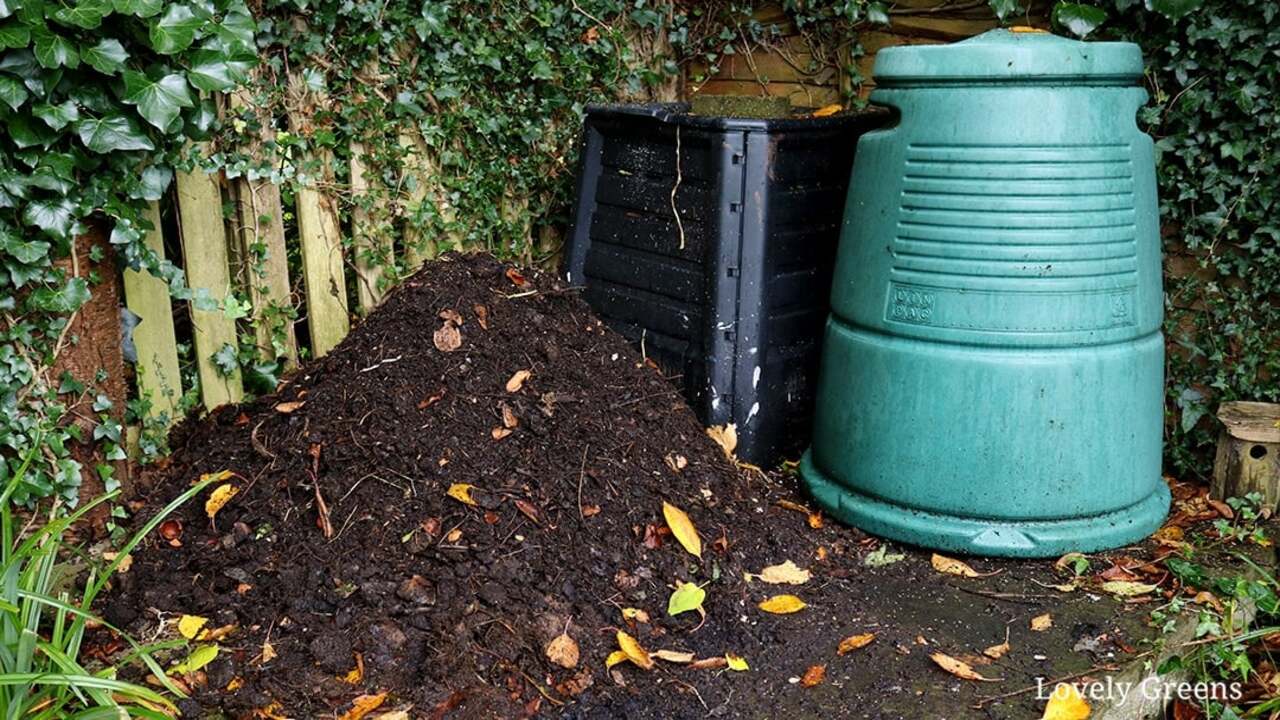
Composting offers a simple and accessible way to reduce waste and create nutrient-rich soil. Whether you have limited space or a large area, you can easily produce compost to meet your needs. By diverting organic waste from landfills, composting helps reduce greenhouse gas emissions and combat climate change.
The resulting compost enhances soil health, fertility, and structure, leading to healthier plants and higher crop yields. Moreover, composting eliminates the need for chemical fertilizers, pesticides, and excessive water usage, making it an environmentally friendly choice for gardening and agriculture.
Embracing this natural process benefits the environment, promotes sustainability, and reduces our carbon footprint. Composting is a win-win solution that supports a healthy planet and allows us to make the most of our organic material.
12. Eco-Friendly
Composting is an eco-friendly practice with numerous benefits for a sustainable future. It reduces landfill waste and manages organic materials responsibly, minimizing greenhouse gas emissions. Compost enriches the soil, eliminating the need for chemical fertilizers and improving water retention.
It also promotes natural pest control methods and saves money by reducing the need for store-bought fertilizers. Composting is a sustainable method that contributes to a greener, healthier environment.
How Does Composting Conserve Water?

Composting conserves water by retaining moisture in the soil, reducing the need for additional watering. The organic matter in compost improves soil structure, allowing it to retain water more effectively. Compost also acts as a natural mulch, reducing evaporation and keeping the soil moist for longer. By enriching the soil with compost, plants develop stronger root systems that can access water more efficiently.
The Impact Of Composting On Personal Food Waste
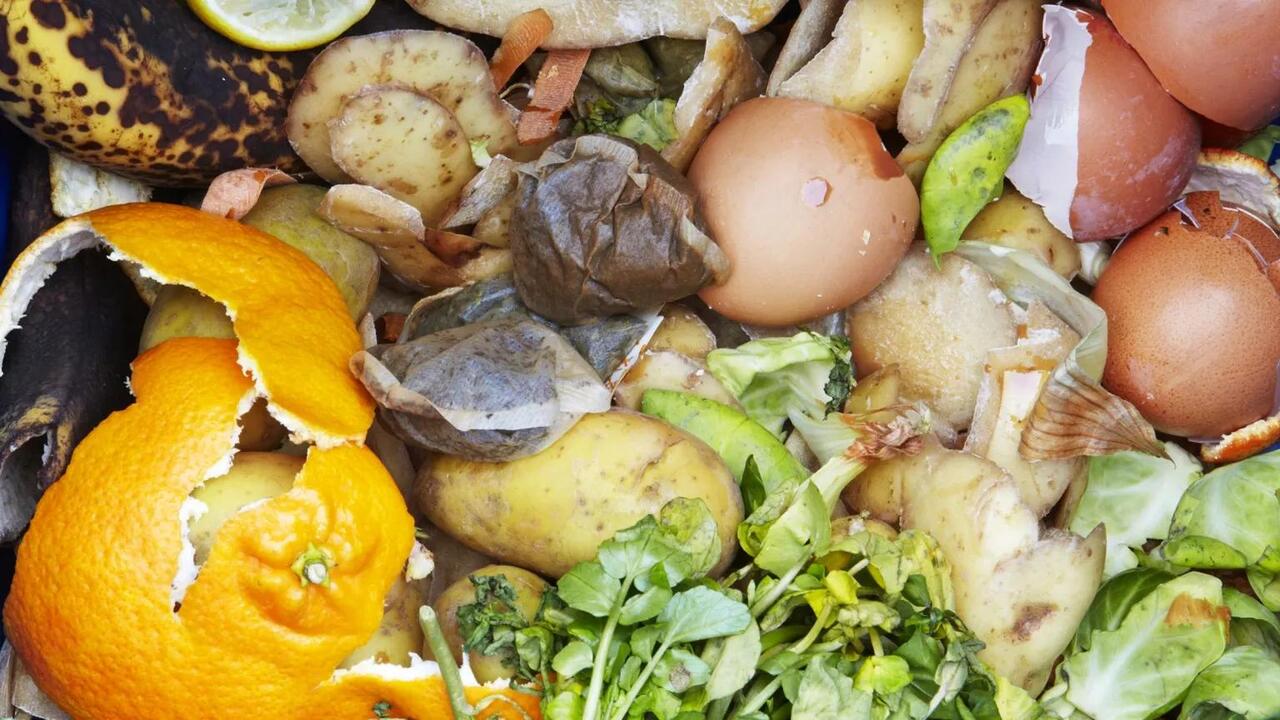
Composting has a significant impact on personal food waste. Composting reduces the amount of food waste sent to landfills, thus minimizing greenhouse gas emissions. As organic material decomposes in landfills, it produces methane, a potent greenhouse gas contributing to climate change.
Composting also enriches the soil with nutrients, promoting healthier plant growth. The decomposition process of organic matter in a compost pile creates nutrient-rich soil for gardens and plant beds. This reduces the need for chemical fertilizers and helps save money.
Additionally, composting provides a natural way to control pests and reduces the use of chemical pesticides. It can be done on a small scale at home or on a larger scale in community composting programs, making it accessible to individuals who want to contribute to a more sustainable future.
Different Home Composting Techniques
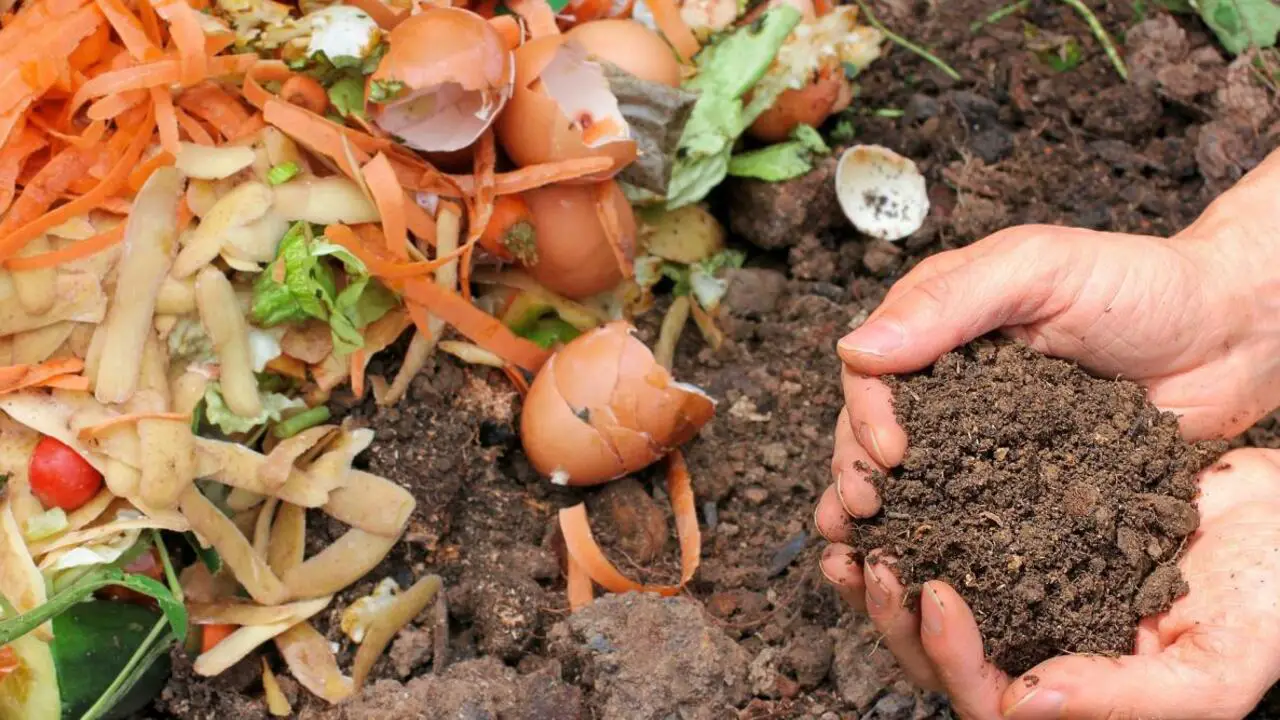
Home composting is an excellent way to contribute to sustainability. Popular methods include backyard composting, vermicomposting, and bokashi composting. Community composting allows collaboration with neighbors or local programs. Benefits of home composting include reducing landfill waste and creating nutrient-rich soil that improves health and prevents erosion.
It also decreases greenhouse gas emissions. To ensure successful composting, balance green and brown materials, turn the pile regularly, and avoid adding meat and dairy products. By using different techniques, individuals can significantly impact the environment and create a sustainable future.
Conclusion
Composting is a highly beneficial practice that helps the environment and contributes to a sustainable future. By diverting organic waste from landfills, composting reduces waste and prevents the release of harmful methane emissions. Additionally, it improves soil health by enriching it with essential nutrients and microorganisms, leading to healthier plants and increased crop yields.
Composting is a cost-effective and straightforward method of producing organic fertilizer, reducing the need for chemical-based alternatives. It also reduces the frequency of garbage pickups, saving money and resources. Furthermore, by conserving water and reducing personal food waste through composting, individuals can significantly impact their ecological footprint. Hope the above outline on pros of composting will help you to enhance your composition knowledge.
Frequently Asked Questions
[rank_math_rich_snippet id=”s-48d90084-2d62-4804-8a88-5cfdfd2e92e7″]

I am passionate about home engineering. I specialize in designing, installing, and maintaining heating, ventilation, and air conditioning systems. My goal is to help people stay comfortable in their homes all year long.
